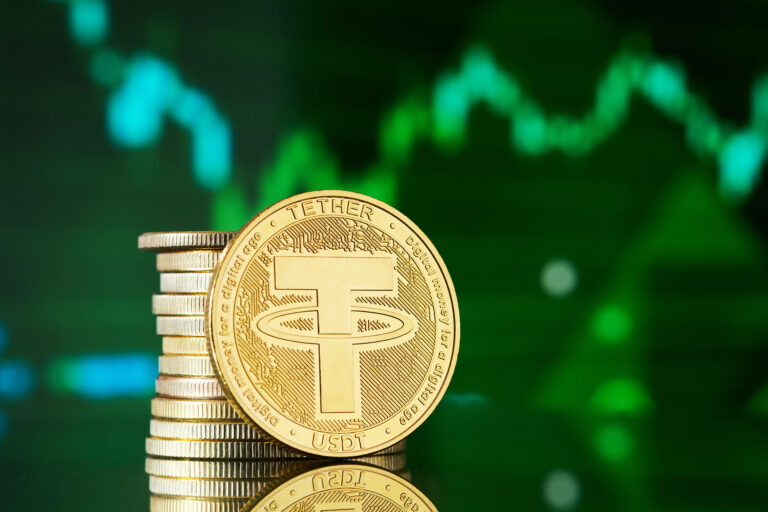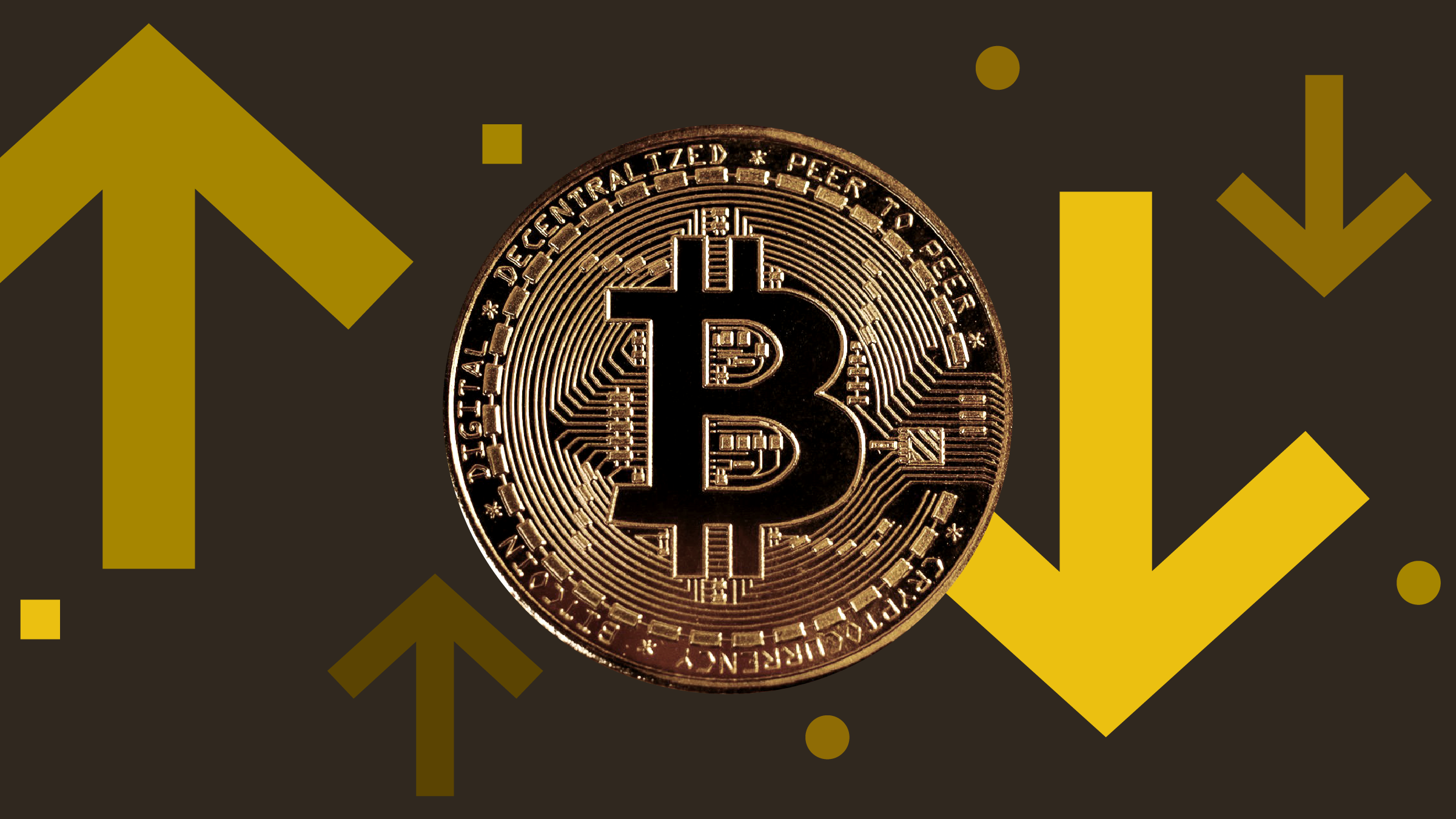The U.S. Securities and Exchange Commission (SEC) recently dropped its lawsuit against Coinbase and closed its investigation into Robinhood Crypto, marking a significant shift in regulatory actions. Additionally, on February 25, the agency ended its federal probe into Uniswap Labs. These developments coincided with a market downturn, with Bitcoin (BTC) plunging nearly 20% from its peak of $109,114 to $87,000. While the rationale behind the SEC’s sudden reversals remains unclear, investors’ response highlights the market’s sensitivity to regulatory unpredictability.
Trump’s Crypto Stance: A Coincidence or Strategic Move?
The timing of these case dismissals, following former President Donald Trump’s return to the political scene, raises questions about the administration’s stance on cryptocurrency. Trump’s campaign has received significant crypto donations, with major players like Coinbase, Robinhood, and Uniswap contributing to the pro-crypto super PAC, Fairshake. This raises speculation: Are these dismissals a sign of Washington’s warming stance toward crypto, or mere coincidences?
If Trump’s administration genuinely supports the crypto industry, certain regulatory moves could serve as a litmus test.
1. SEC’s Token Classification & CFTC’s Role
One of the biggest concerns for crypto companies is the SEC’s stance on token securities. Under previous leadership, the SEC categorized most cryptocurrencies as securities, creating significant legal hurdles for businesses. A shift in this classification or a transfer of crypto regulatory oversight to the Commodity Futures Trading Commission (CFTC) would signal a more lenient approach. The CFTC, known for its less aggressive regulatory methods, could foster a more favorable environment for crypto innovation in the U.S.
2. Stablecoin Regulations
Stablecoins are critical for the adoption of crypto payments, particularly for small and medium-sized businesses (SMBs). However, without clear regulatory frameworks, companies face uncertainty in integrating stablecoins into payment systems. A well-defined policy recognizing stablecoins as legitimate payment methods could unlock further crypto adoption and economic opportunities.
3. Banking Access for Crypto Firms
Despite crypto’s growing influence, businesses in the sector struggle with banking access due to concerns over money laundering risks. The Financial Crimes Enforcement Network (FinCEN) could play a crucial role in reshaping banks’ risk assessments, potentially encouraging financial institutions to serve crypto-related businesses.
Also Read: XRP Lawsuit Nears End? Fred Rispoli Declares ‘Case Is Over’ Amid SEC Settlement Buzz!
The Future of Crypto Under Trump
While Trump’s campaign ties to crypto hint at a pro-crypto stance, concrete regulatory changes will determine his administration’s true position. Investors and industry leaders will closely monitor shifts in SEC policy, CFTC jurisdiction, and banking regulations to gauge whether Washington’s newfound crypto friendliness is genuine or temporary.
Disclaimer: The information in this article is for general purposes only and does not constitute financial advice. The author’s views are personal and may not reflect the views of CoinBrief.io. Before making any investment decisions, you should always conduct your own research. Coin Brief is not responsible for any financial losses.




